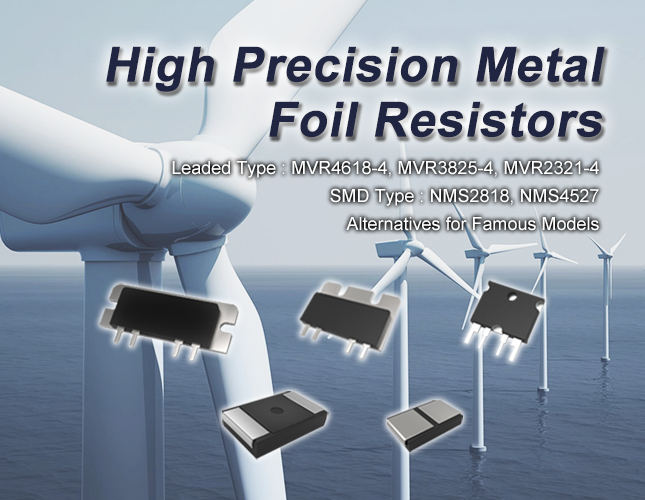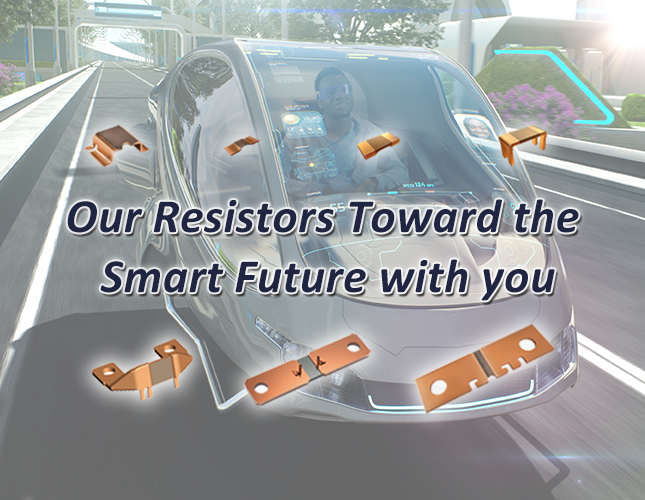First of all, the intelligent inverter has high stability and can output power smoothly. The most important thing to realize the intelligent inverter is to output power smoothly. The solar power generation environment is generally harsh, and the inverter with high precision resistor and shunt is needed. In order to ensure the smooth supply of intelligent inverters, these high-precision resistors use the most advanced resistance production process, and have the advantages of high precision and low temperature drift, which can be well used in intelligent inverters.

Second, the intelligent inverter should be able to establish information interaction with the smart grid system. Smart Inverters can be used in grid systems to monitor critical distributed power data in a smart grid system, to be able to issue "disconnect" or "reconnect" commands in an emergency, and to actively coordinate other equipment and system.

Through the exchange and collection of these information, the power supply regulation of the entire power grid is improved, and the solar power generation is smoothly operated.

Although the early intelligent design of solar inverters is already in the process of testing and technical verification, more technical problems are needed to realize these processes, and these new technologies will be applied to these technologies as technology advances in the intelligent process. In the development of inverters, intelligent solar inverters can be realized in the future.











